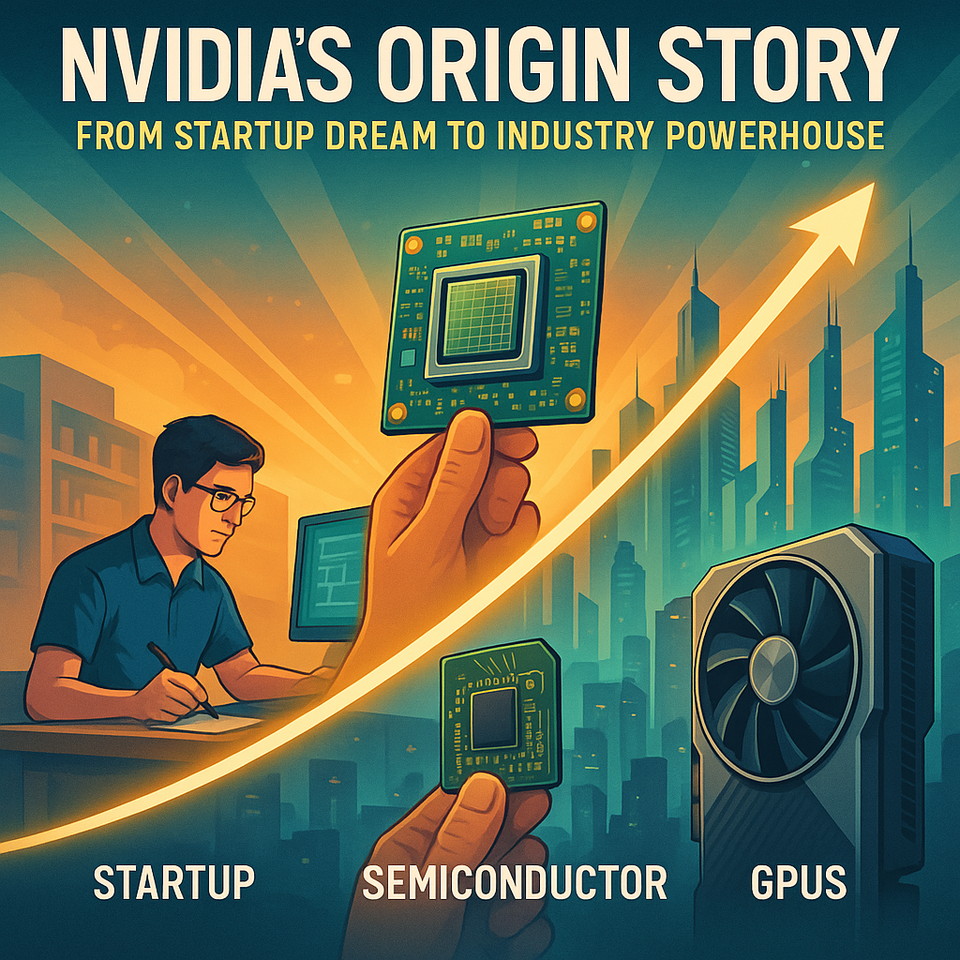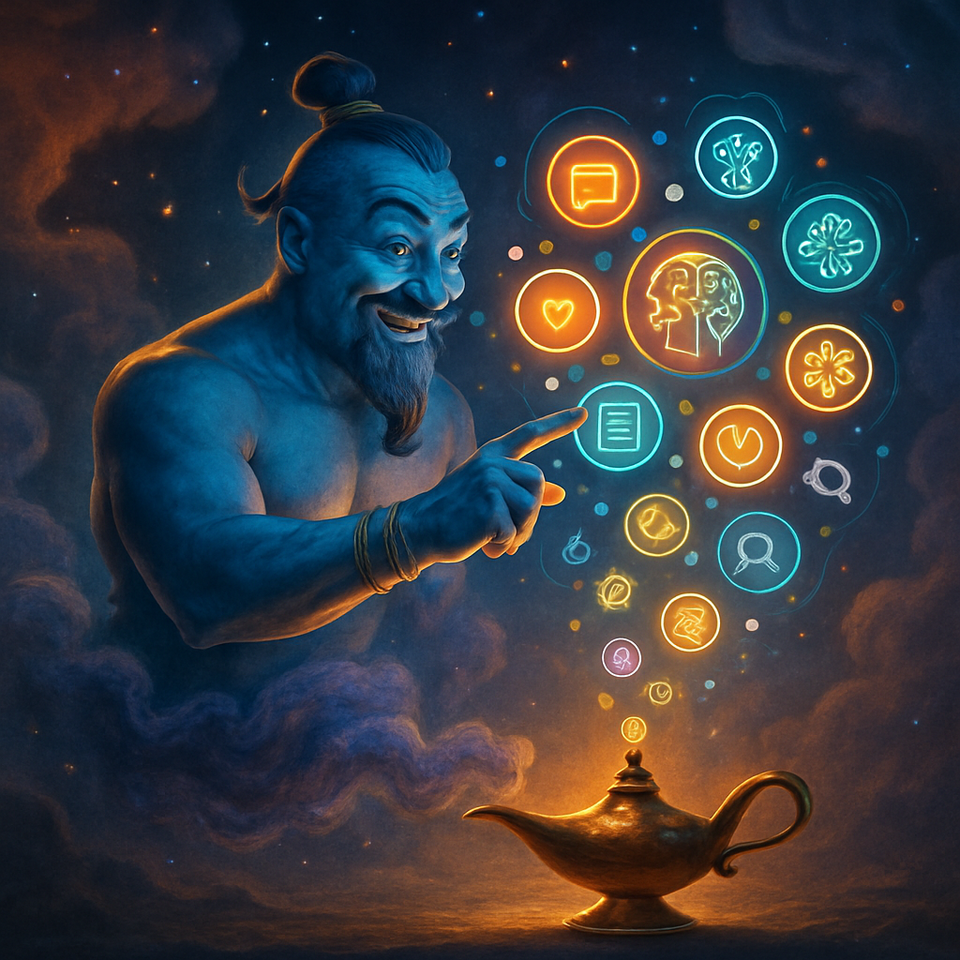The Evolution Of Filmmaking: AI’s Transformative Influence

🎬 The Evolution of Filmmaking: AI’s Transformative Influence
The art and science of filmmaking have always been tightly interwoven with technological innovation. From the first flickering silent films, audiences have borne witness to a constant cascade of advancements—synchronized sound, color processes, and later, the digital era with its revolution in editing, visual effects, and camerawork. Today, the latest leap comes from artificial intelligence (AI). Industry experts agree: AI isn’t merely another tool—it’s fundamentally transforming every aspect of cinema, from the scripting stage to the silver screen.
📜 Pre-Production: Smart Scripts and Streamlined Planning
Traditionally, pre-production was both labor-intensive and creatively fraught—writers, producers, and marketers relying on gut instinct and expensive, lengthy market research to craft films with audience appeal. Now, AI-based tools are injecting newfound efficiency and insight into this phase. Using advanced algorithms trained on vast libraries of screenplays and market data, studios can analyze scripts for plot inconsistencies, screen emotional arcs, and even predict potential box office performance. This predictive capability arms filmmakers with actionable feedback long before a camera ever rolls, greatly reducing financial risk and creative uncertainty The Hollywood Reporter.
Beyond scripting, AI-driven platforms are revolutionizing other key pre-production areas. Machine learning models quickly analyze casting databases to suggest actors likely to resonate with target demographics. Location scouting is expedited through image recognition software that matches script requirements to real-world settings drawn from global databases. Even meticulous production scheduling and budgeting can be optimized, with AI offering adjustments that maximize resources and minimize downtime.
🎥 Production: Intelligent Cameras & Automated Creativity
On set, AI is stepping into roles once thought uniquely human—heightening both technical precision and artistic flexibility. Next-generation, AI-powered cameras can automate the composition of complex shots, tracking actors smoothly and adjusting focus or exposure in real-time. This kind of smart automation ensures visual continuity and elevates production quality, particularly in scenes blending live-action with computer-generated imagery (CGI).
A big leap has occurred in performance capture as well. Advanced facial recognition and motion-tracking algorithms allow filmmakers to record detailed actor expressions and movements, ensuring seamless integration between actors and digital effects. This is especially vital in genres like sci-fi and fantasy, where audiences expect flawless interaction between real and virtual elements Filmmaker Magazine.
AI also empowers the creative team with real-time controls over lighting and color grading, automatically applying adjustments that once took hours. Such capabilities not only save time but let directors experiment on the fly, further expanding creative horizons.
🖥️ Post-Production: Automated Editing and Breakthrough Effects
The impact of AI on post-production is perhaps the most visually evident. Editing suites now harness powerful software that assembles rough cuts, pinpoints pacing issues, and even recommends narrative improvements—all based on deep analysis of story structure. While the human editor’s eye remains vital, these AI tools rapidly handle repetitive or technical tasks, letting artists focus on fine-tuning and creative expression.
Visual effects have leaped forward, too. AI-enhanced tools generate mind-bendingly realistic CGI, manipulate backgrounds, and can even digitally resurrect or de-age actors. This has reduced costs and timelines dramatically, making sophisticated effects accessible even to smaller, independent filmmakers Variety.
Audio engineering also benefits: AI cleans up noisy dialogue tracks, recreates missing sound elements, and synthesizes immersive soundscapes with a fidelity previously reserved for big-budget productions. The result? Faster workflows, reduced technical errors, and a new creative toolkit for every member of the post-production team.
⚡ Beyond Efficiency: Creativity for All
The integration of AI into filmmaking workflows is not only driving efficiency; it’s broadening the entire creative landscape. Indie filmmakers—which once faced towering technical and financial barriers—now wield tools that rival those of major studios. For storytelling, AI opens up new narrative possibilities: analyzing huge data sets to inspire plot structures, generate virtual characters, or remix visual motifs to offer audiences wholly original experiences.
This democratization heralds a future where unique voices can be amplified, niche stories brought to screen, and cinematic language further enriched. As AI solutions continue to evolve, they promise to empower a new generation of creators, accelerating innovation and diversity across the global filmmaking ecosystem.



